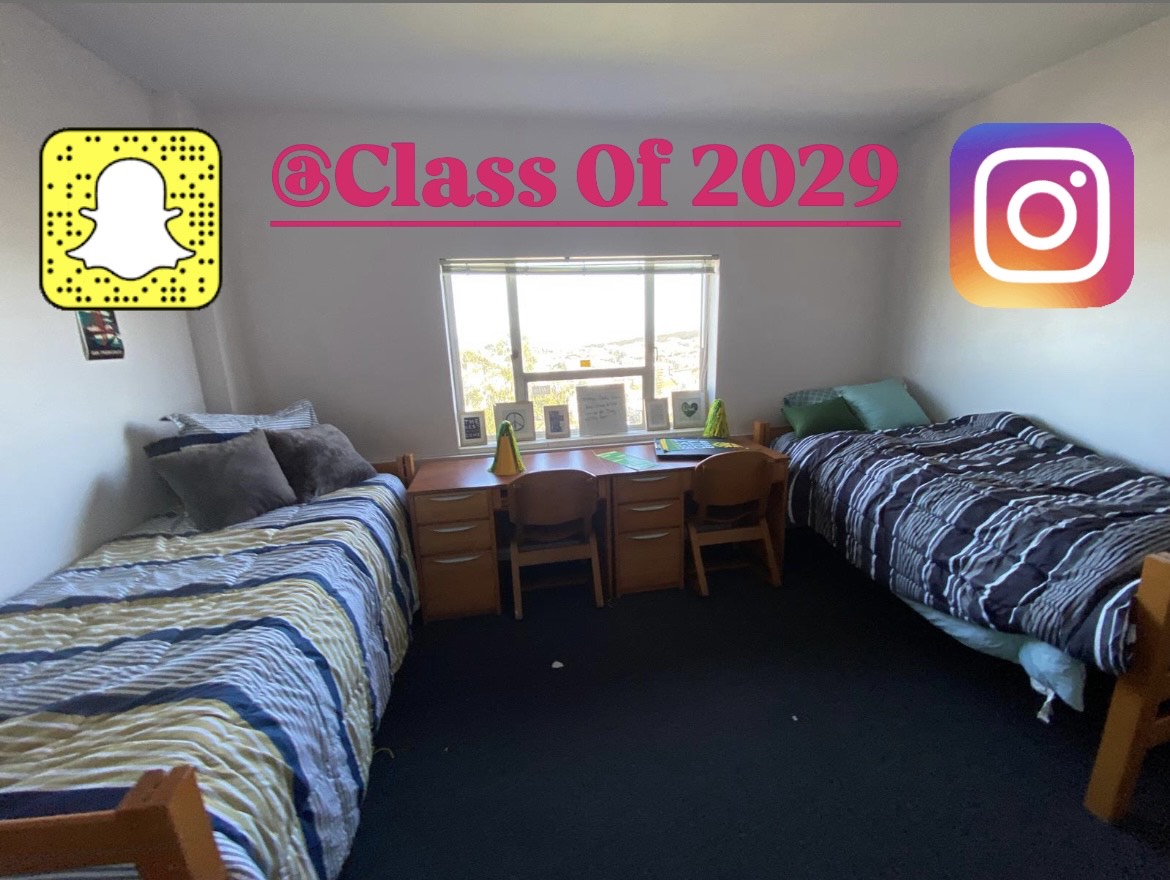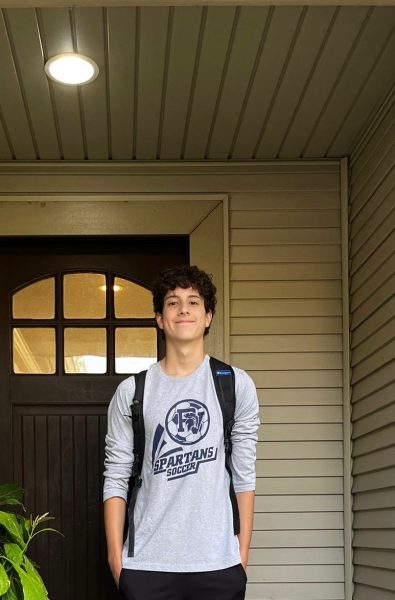After months of preparation, the Pleasant Valley High School Ethics Bowl team travelled to the University of North Carolina from April 11-13 to compete in the 12th National High School Ethics Bowl Championship (NSHEB).
The team had previously competed in the regional competition against Creighton Preparatory School in February after winning the state championship in January.
Although successful, the team is often overlooked due to a lack of misunderstanding regarding the competition. During each round, two teams compete against each other to discuss complex moral dilemmas set forth by a set of case studies. A total of 15 case studies are released to the teams prior to the competition.
Though cases often vary in subject matter, they all aim to challenge the individual’s preconceived interpretation of ethics by proposing tricky moral dilemmas. Some discuss the ethics of cloning and immortality, while others examine the standards to which celebrities are held.
The competition itself consists of a six minute presentation period during which team A presents their argument to the judges and the opposing team. Oftentimes, their presentation seeks to answer a question related to one of the 15 cases. The opposing team is then granted a three minute commentary period during which they are allowed to ask questions to challenge team A’s argument, followed by team A’s response to the questions. Finally, the judges period consists of a ten-minute Q & A session between the judges and the team before team B repeats the same process.
Unlike other competitions, ethics bowl aims to stray away from the adversarial nature of classic debate competitions, focusing instead on the collaborative process through which two teams can better understand complex ethical dilemmas.
“The biggest difference between Ethics Bowl and classic competitive debate is that debate values winning an argument by any means necessary, while Ethics Bowl is about collaborating in the search for truth,” Ethics Bowl coach and NHSEB Board member Lynne Lundberg noted. “Training in collaboration and open-mindedness in the classroom and in Ethics Bowl tournaments can help young people learn to collaborate, even with people with whom they disagree.”
Though beneficial, the complicated nature of the competition requires intense hours of preparation from the participating teams. In preparation for the nationals competition, the team met three to four times a week. Meetings first consisted of intellectually stimulating discussions over the cases themselves during which the team thoroughly evaluated the problems at hand.
After a thorough understanding of the cases, they crafted a case argument to answer the moral questions put forth by the ethical dilemma of the case. To each argument, they tied an ethical framework from which all their key points would stem; frameworks ranged from Aristotle’s virtue ethics to Kant’s categorical imperatives.
“I have really enjoyed my time in the Ethics Bowl,” senior member Alika Cho expressed. “It takes a lot of intellectual effort, but it is a great way to have an intricate discussion with my friends about topics that are both relevant and interesting.”
In preparation for the competition, students not only teach themselves how to think critically about serious moral issues but how to brainstorm collaboratively as well. Even upon reaching the competition, students enhance their own understanding of the cases through the opposing team’s presentation.
“The thinking process encouraged by Ethics Bowl helps us become more rigorous and more open-minded in our thinking,” Lundberg explained. “When we force ourselves to support our own ethical reasoning and to advance counter-arguments against our own positions, we clarify our thinking and acknowledge the validity of opposing arguments.”
The collaborative nature of the NHSEB competition has proven itself as a timely catalyst for student engagement in existing ethical issues. Through civil discourse and critical thinking, the competition allows students to challenge the world’s understanding of morality to better navigate the unethical world around them.










Lauren Lundie • May 7, 2025 at 9:36 am
This seems like a great way for teenagers to discuss problems in the world today. I especially love how it’s more about understanding the topic overall rather than winning the debate. It seems very challenging!